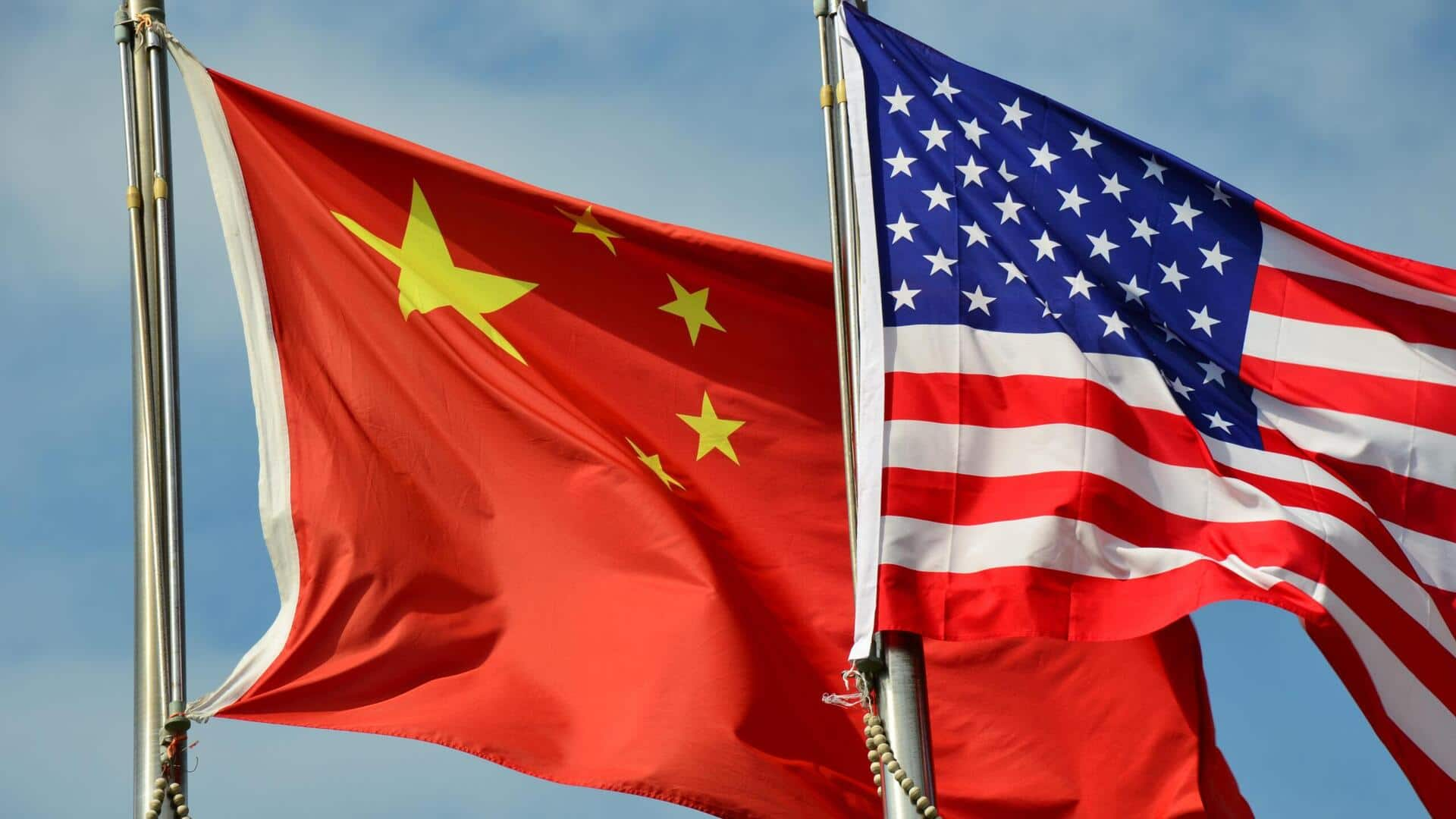
Trade war: China to challenge Trump's tariffs, impose 'countermeasures'
What's the story
US President Donald Trump has imposed new tariffs on imports from Canada, Mexico, and China.
The tariffs include a 25% duty on Canadian and Mexican goods and a 10% duty on Chinese imports.
In response to the new tariffs, China has announced its firm opposition, saying they "seriously violate" World Trade Organization (WTO) rules.
The Chinese commerce ministry plans to challenge these US tariffs under WTO regulations and implement "corresponding countermeasures."
Reason
Why did Trump impose tariffs?
Trump cited a "national emergency" related to illegal immigration and fentanyl smuggling as the reason behind these measures. The US Drug Enforcement Agency supports Trump's claims, noting that the global fentanyl supply chain often begins with Chinese chemical companies.
Trade tensions
Mexico advocates for dialog, Canada opts for retaliation
Mexican President Claudia Sheinbaum Pardo criticized the tariffs, advocating dialog instead of trade barriers.
Meanwhile, Canada has announced retaliatory measures worth up to CAD $150 billion after public consultations.
The White House justified these tariffs under the International Emergency Economic Powers Act, labeling illegal immigration and drug trafficking as a "national emergency."
Economic impact
Tariffs could disrupt over $2.1T in annual trade
The new tariffs could disrupt over $2.1 trillion in annual trade with these key US trading partners.
While acknowledging potential short-term disruptions, Trump seemed unconcerned about financial market impacts.
He also hinted at future tariffs on European goods and other sectors like steel, aluminum and semiconductors.
Meanwhile, China reiterated its stance against trade wars, emphasizing they serve neither side's interests nor those of the world.